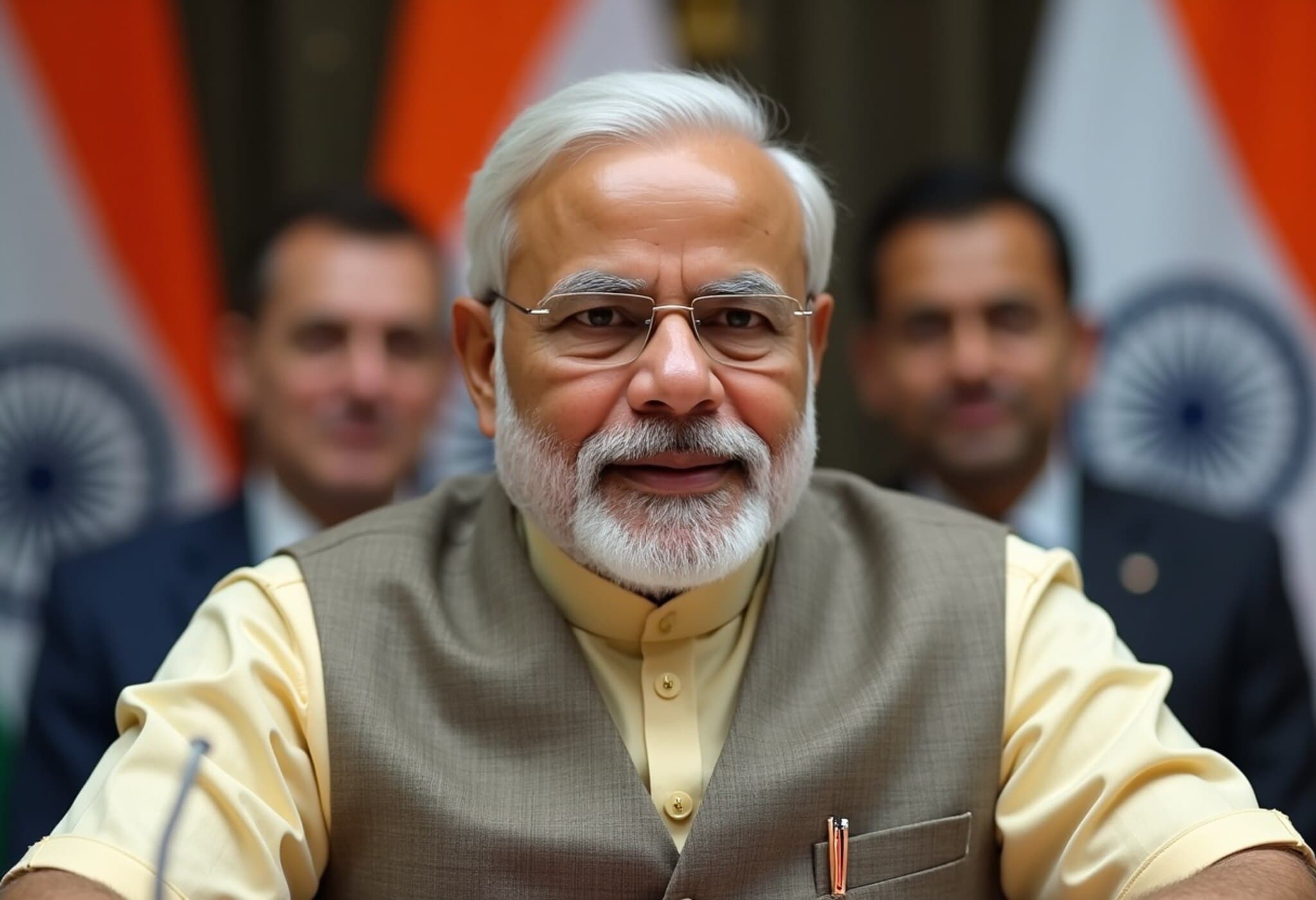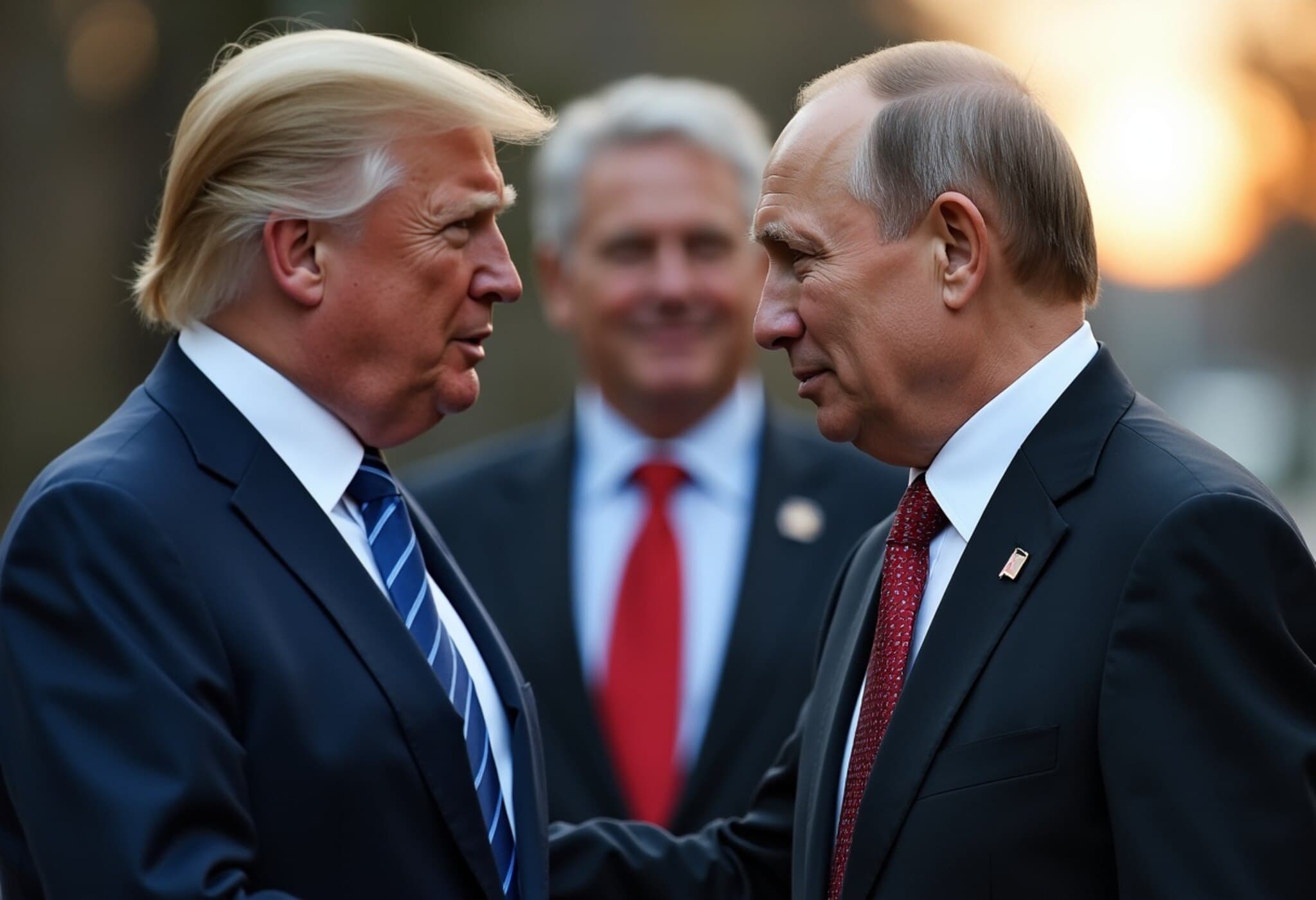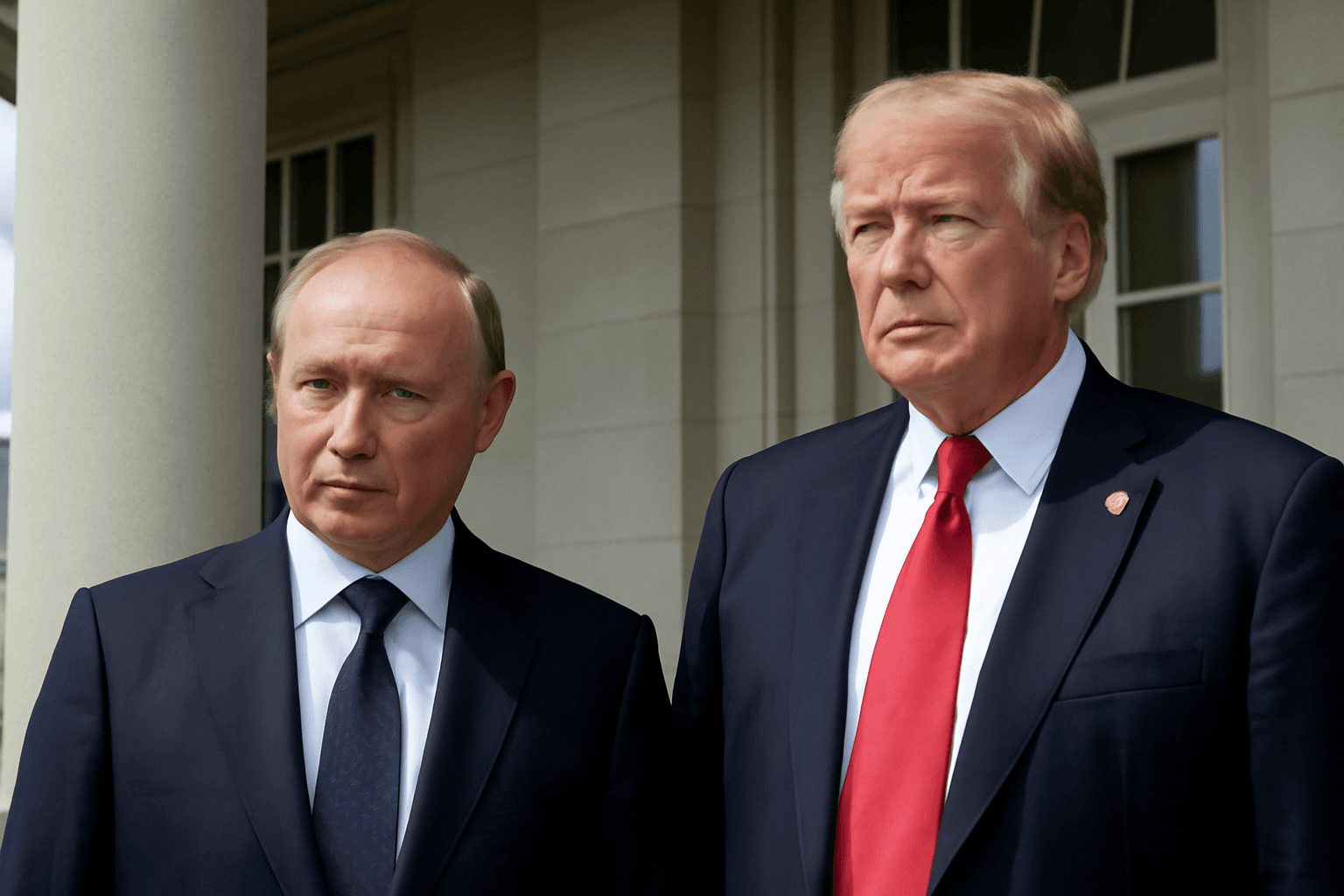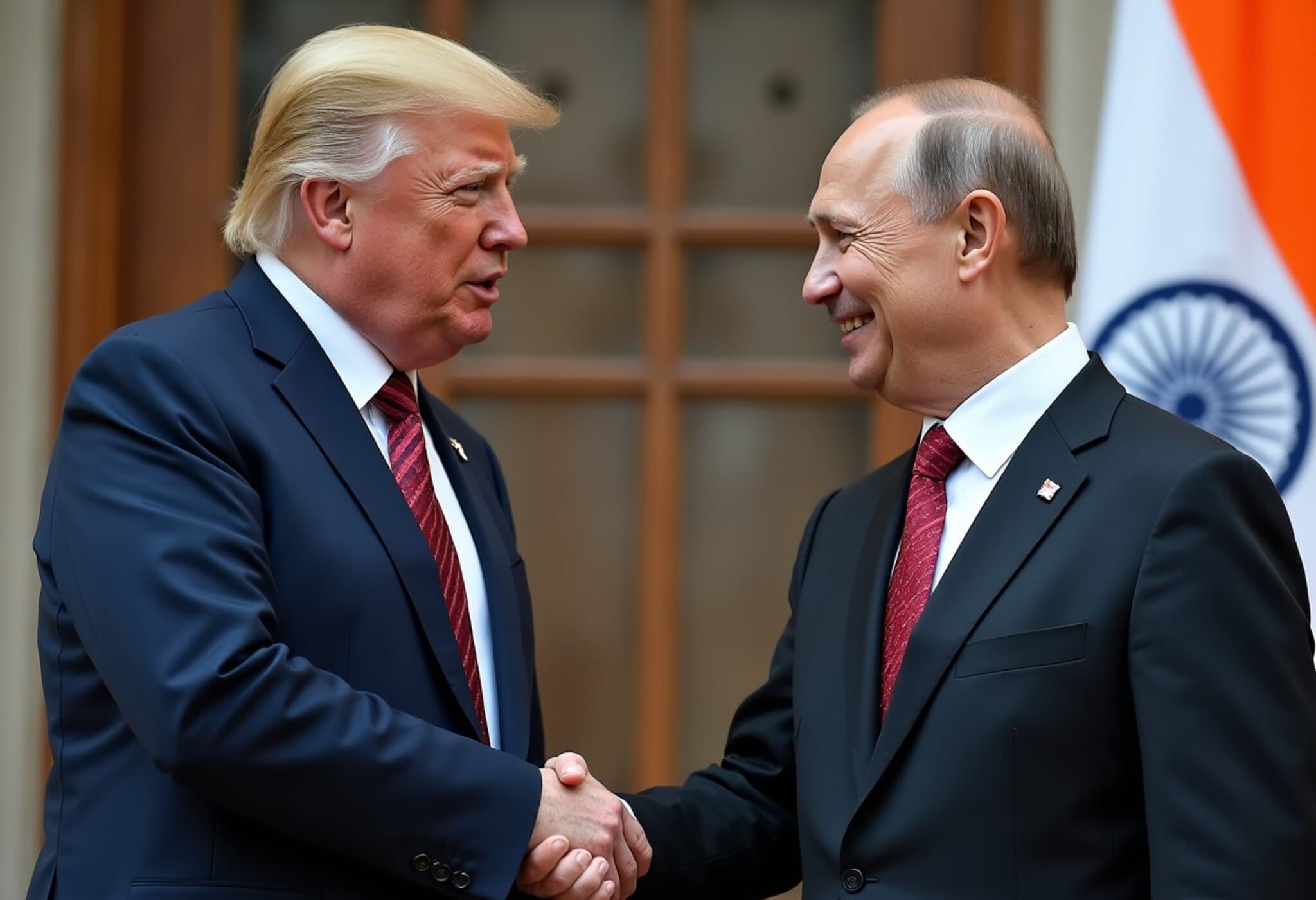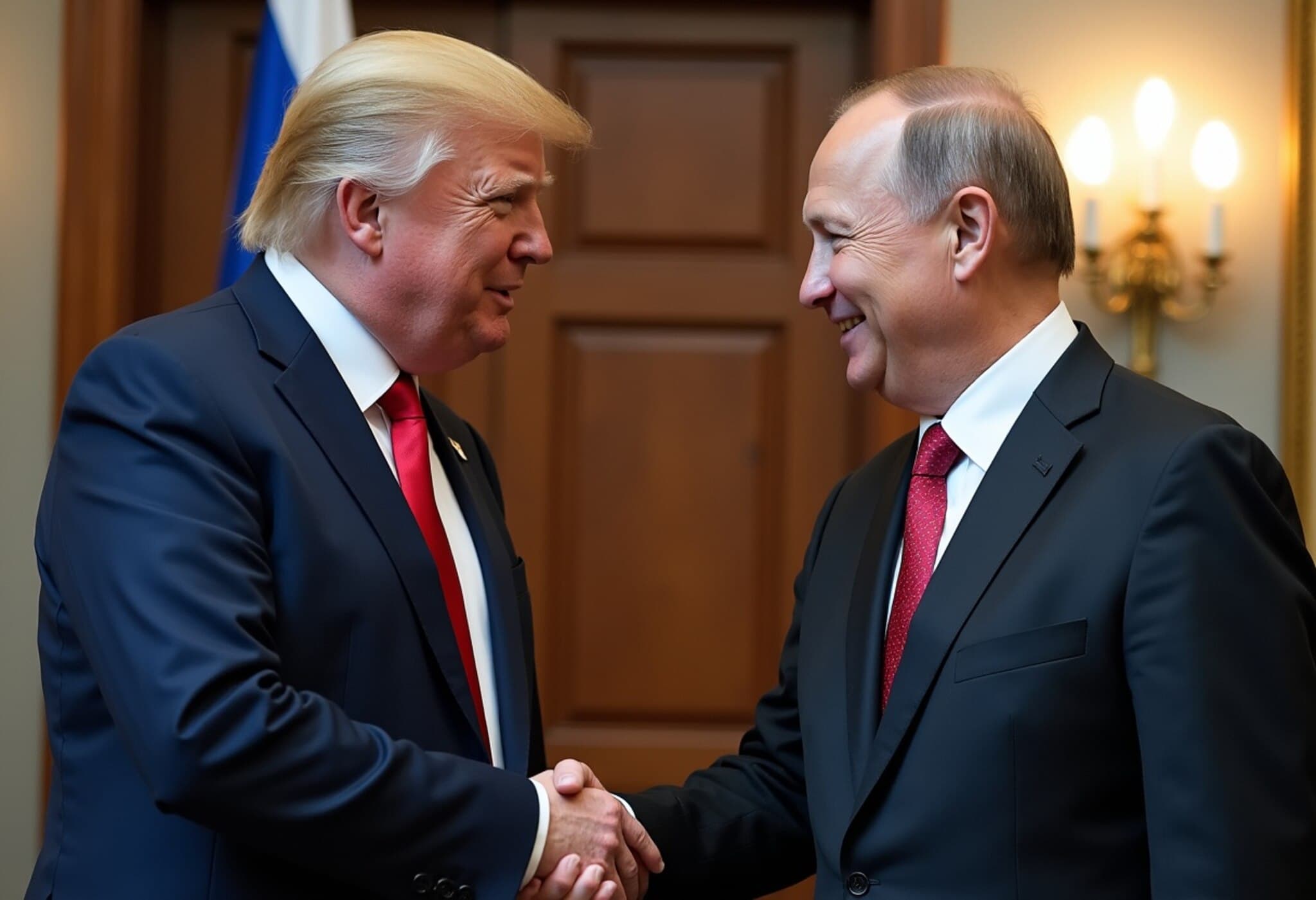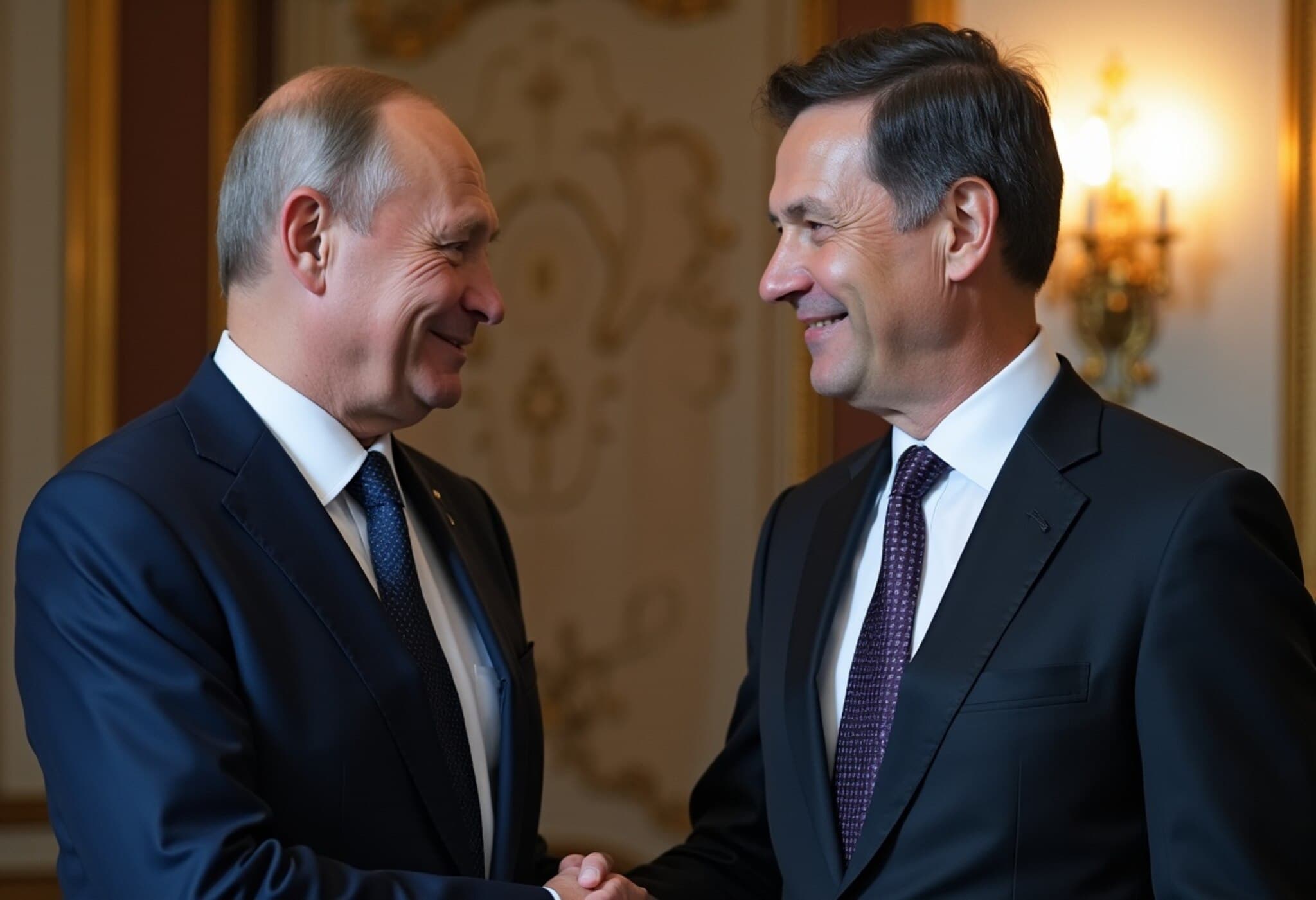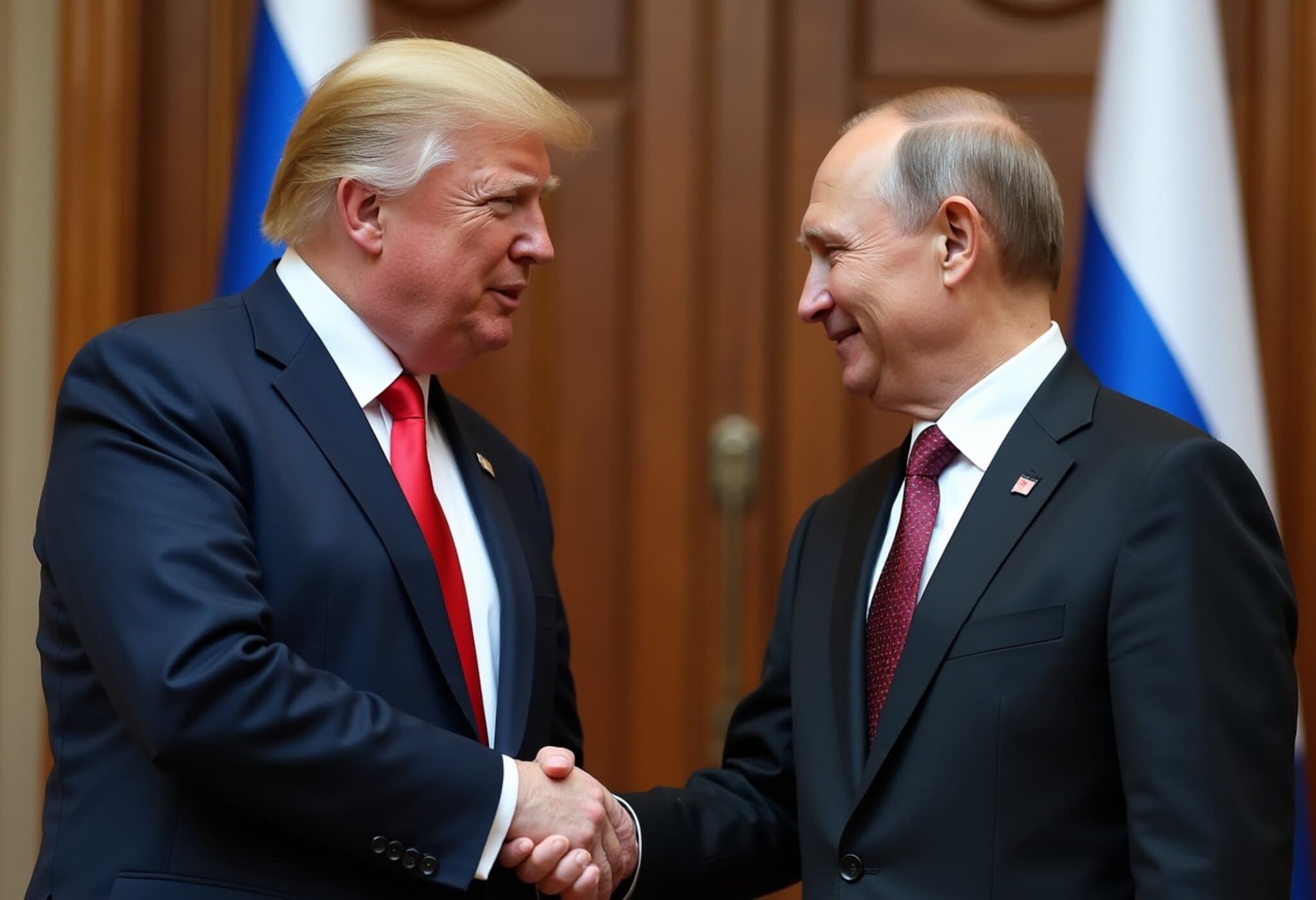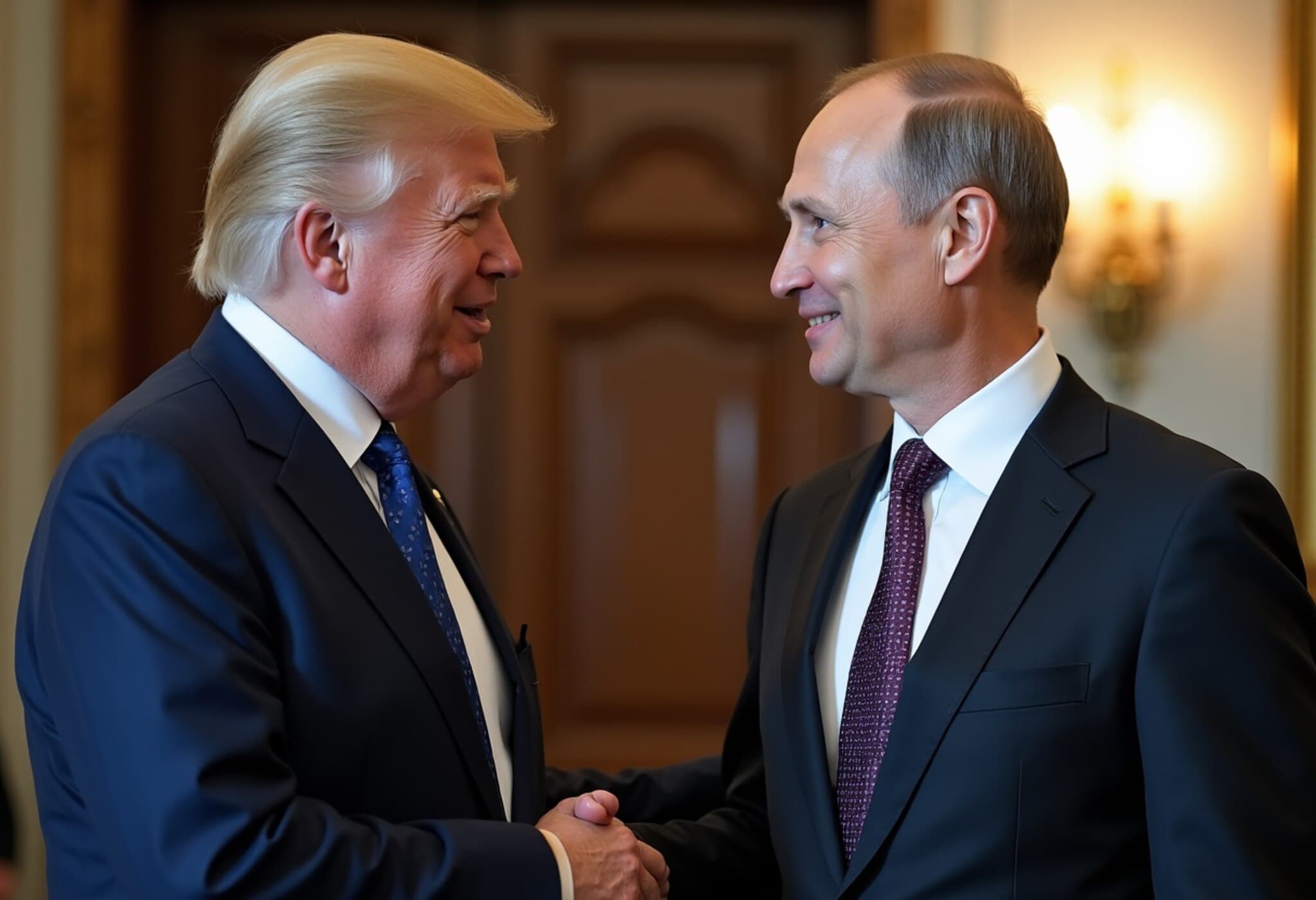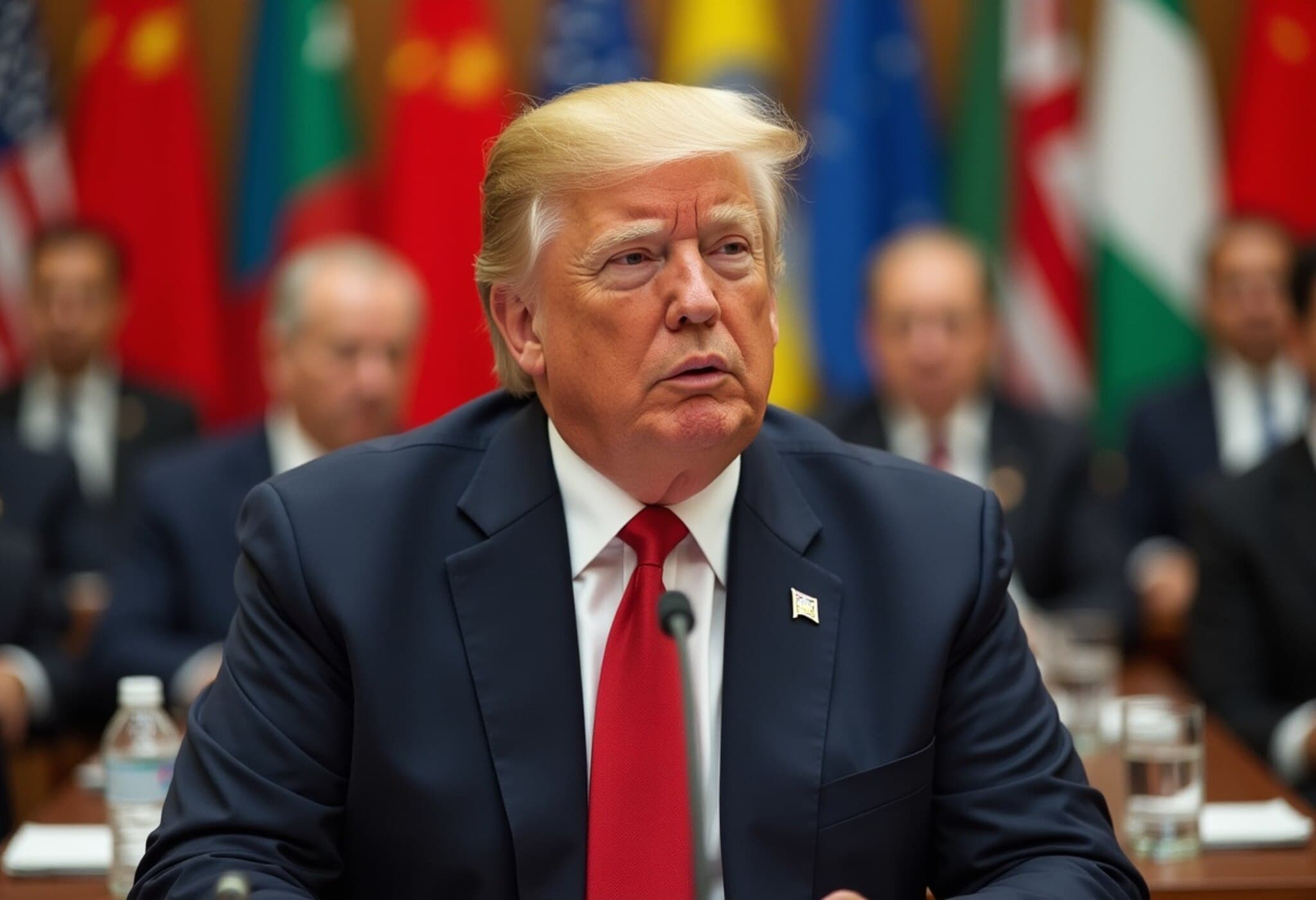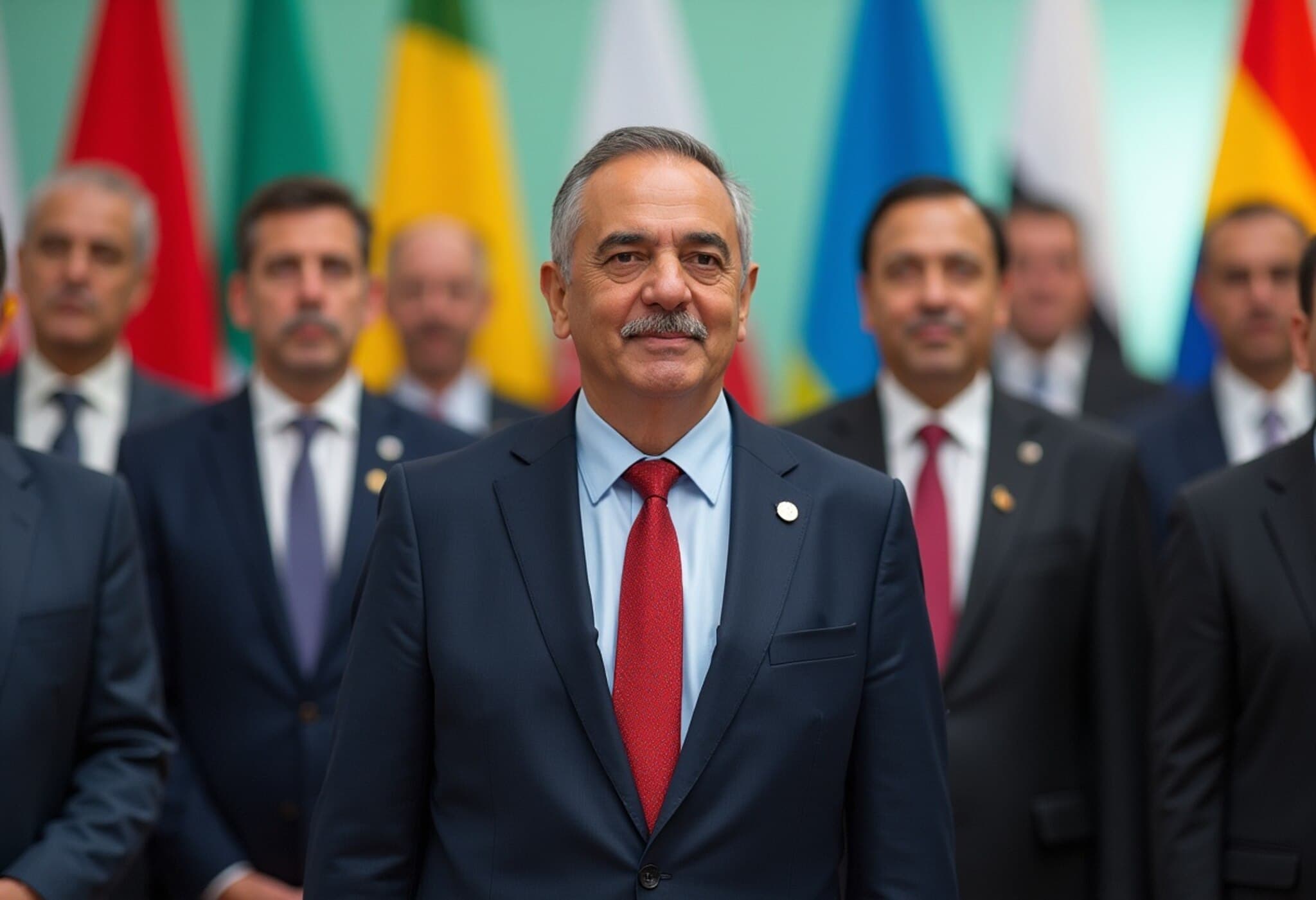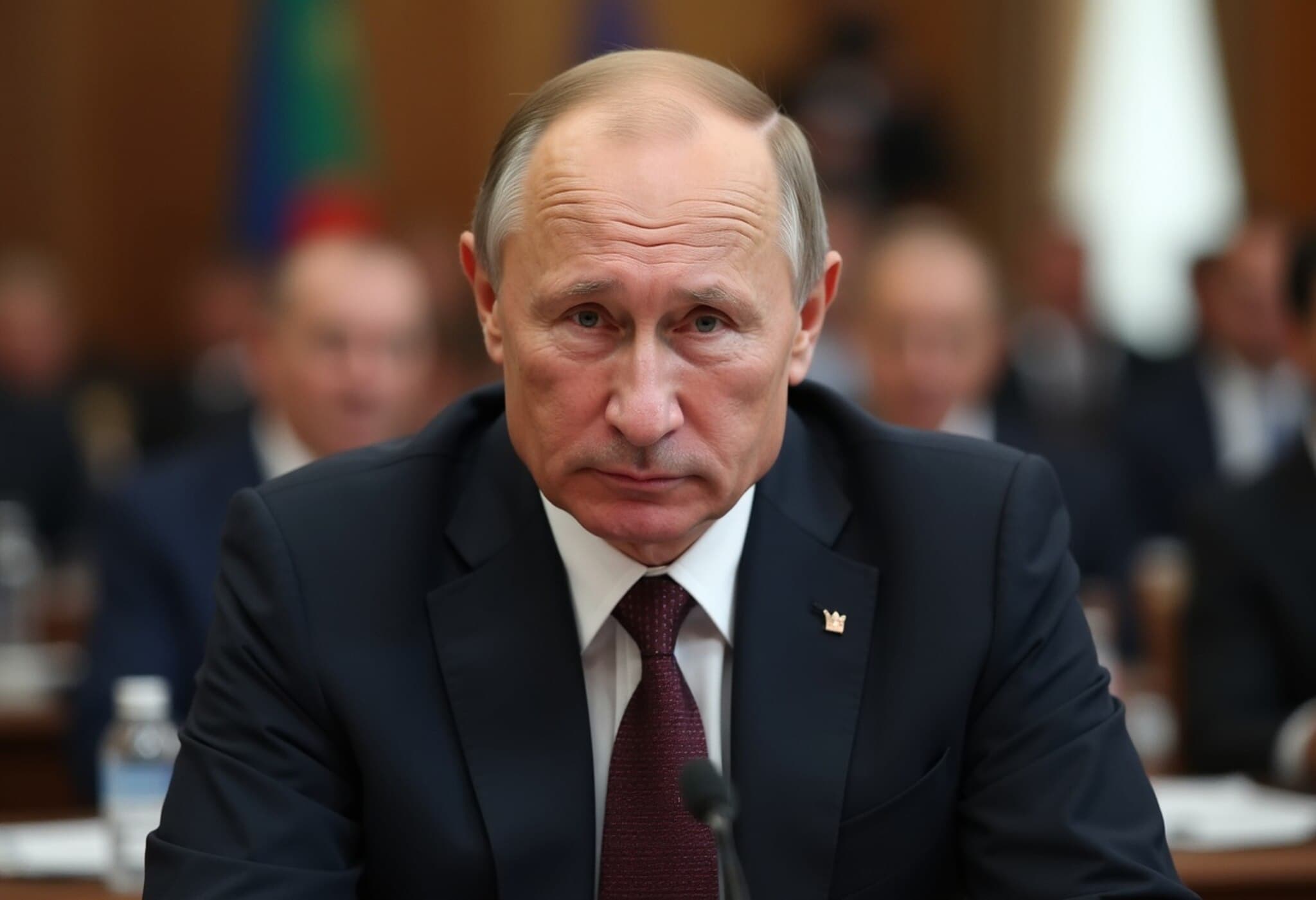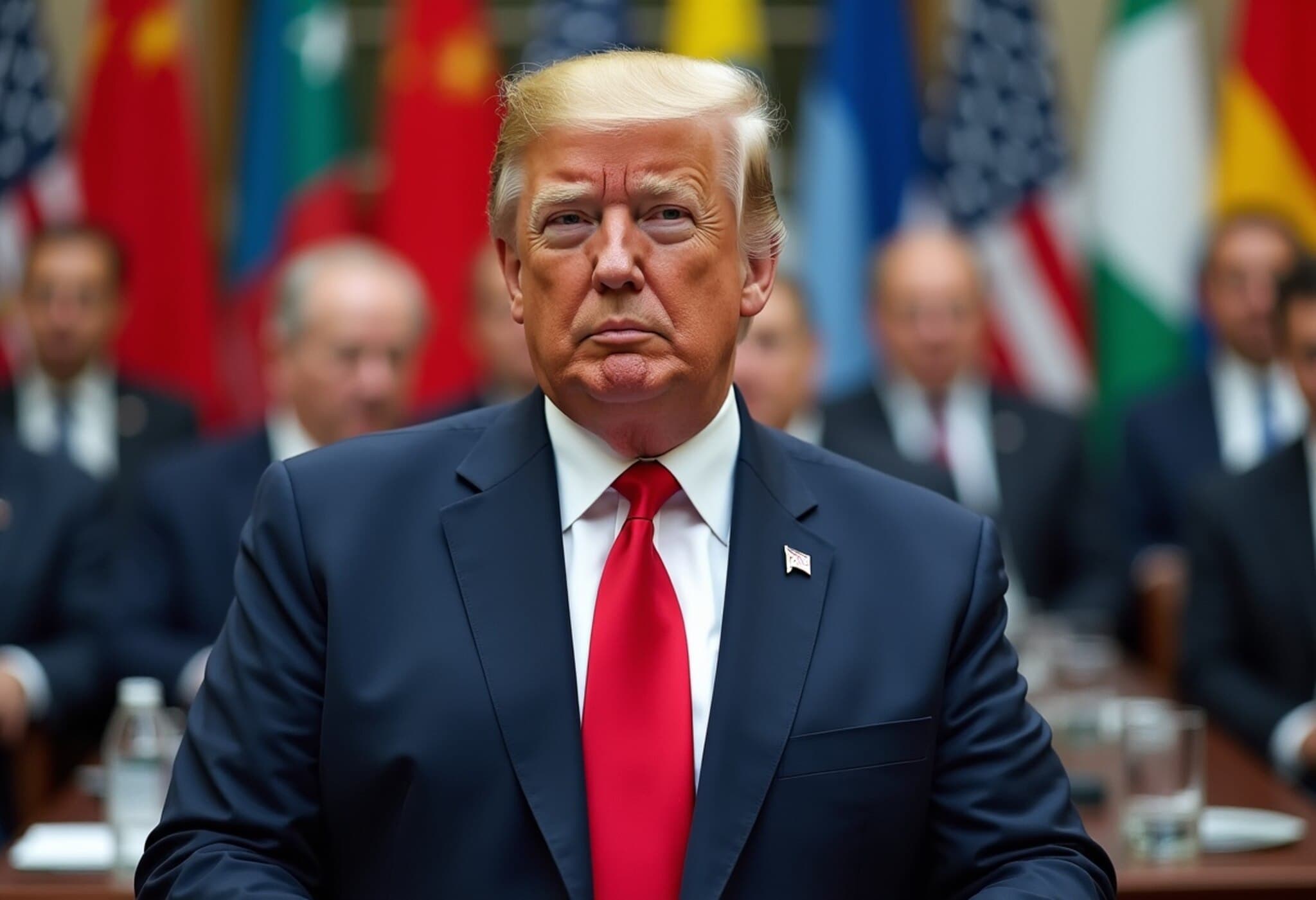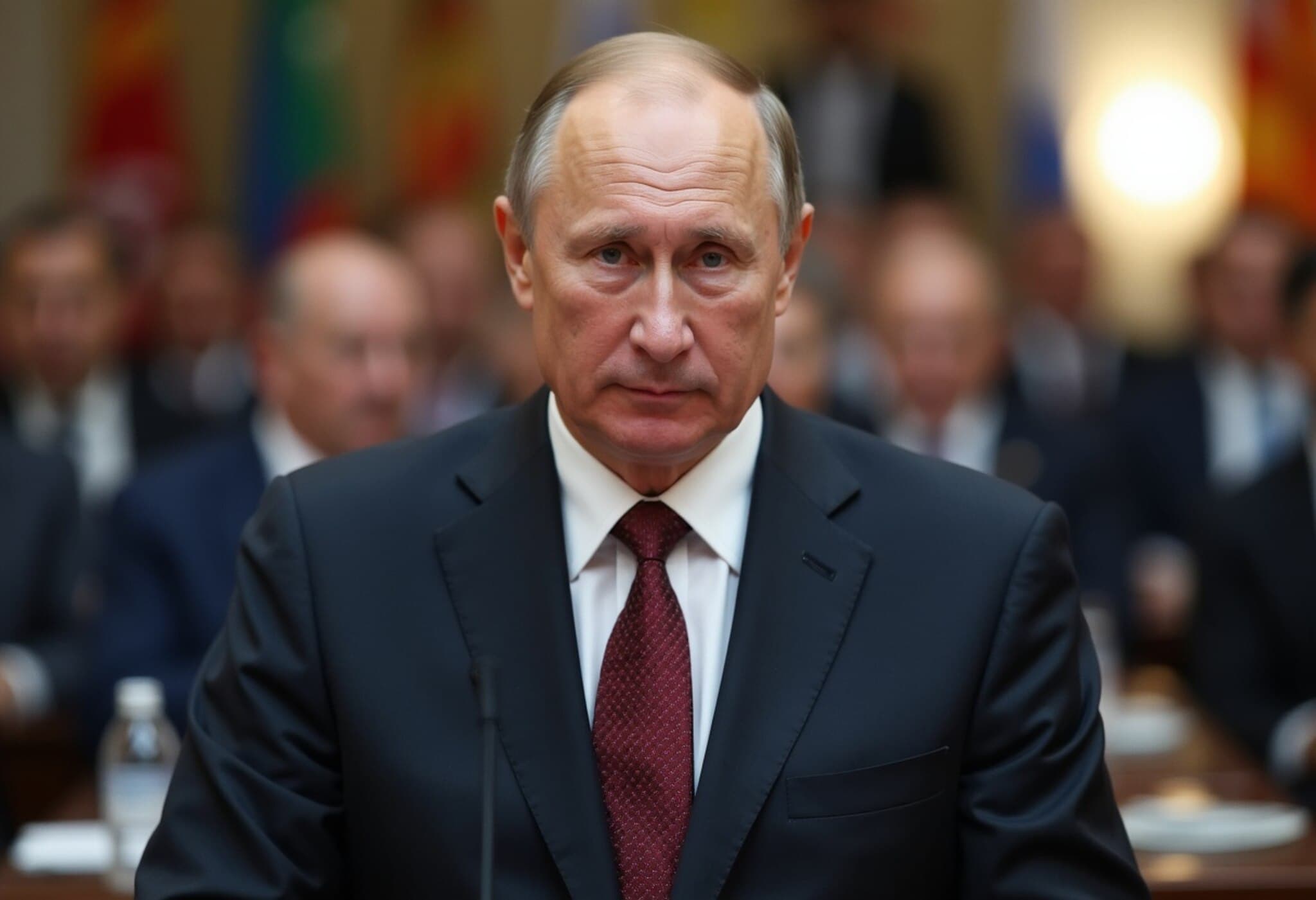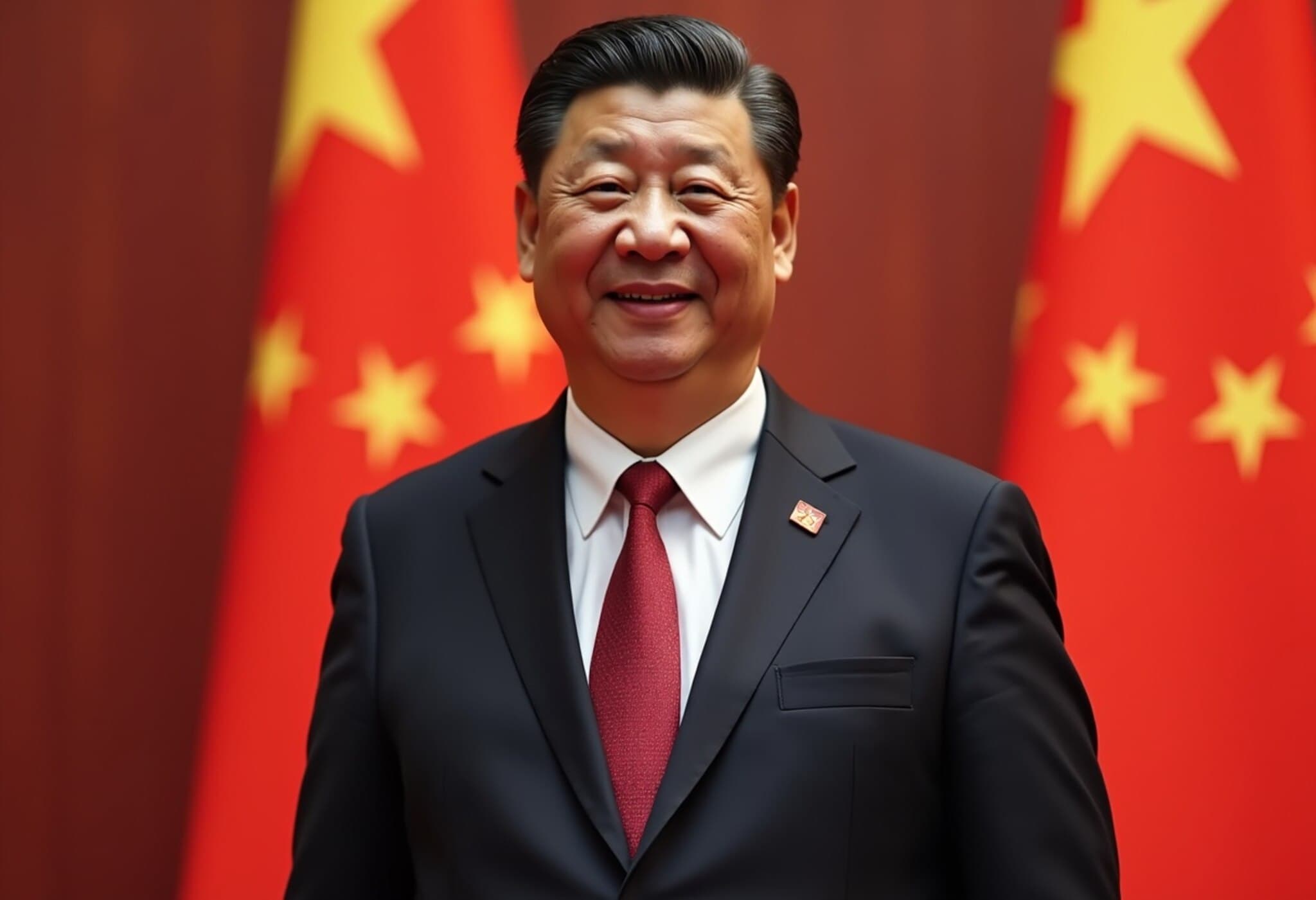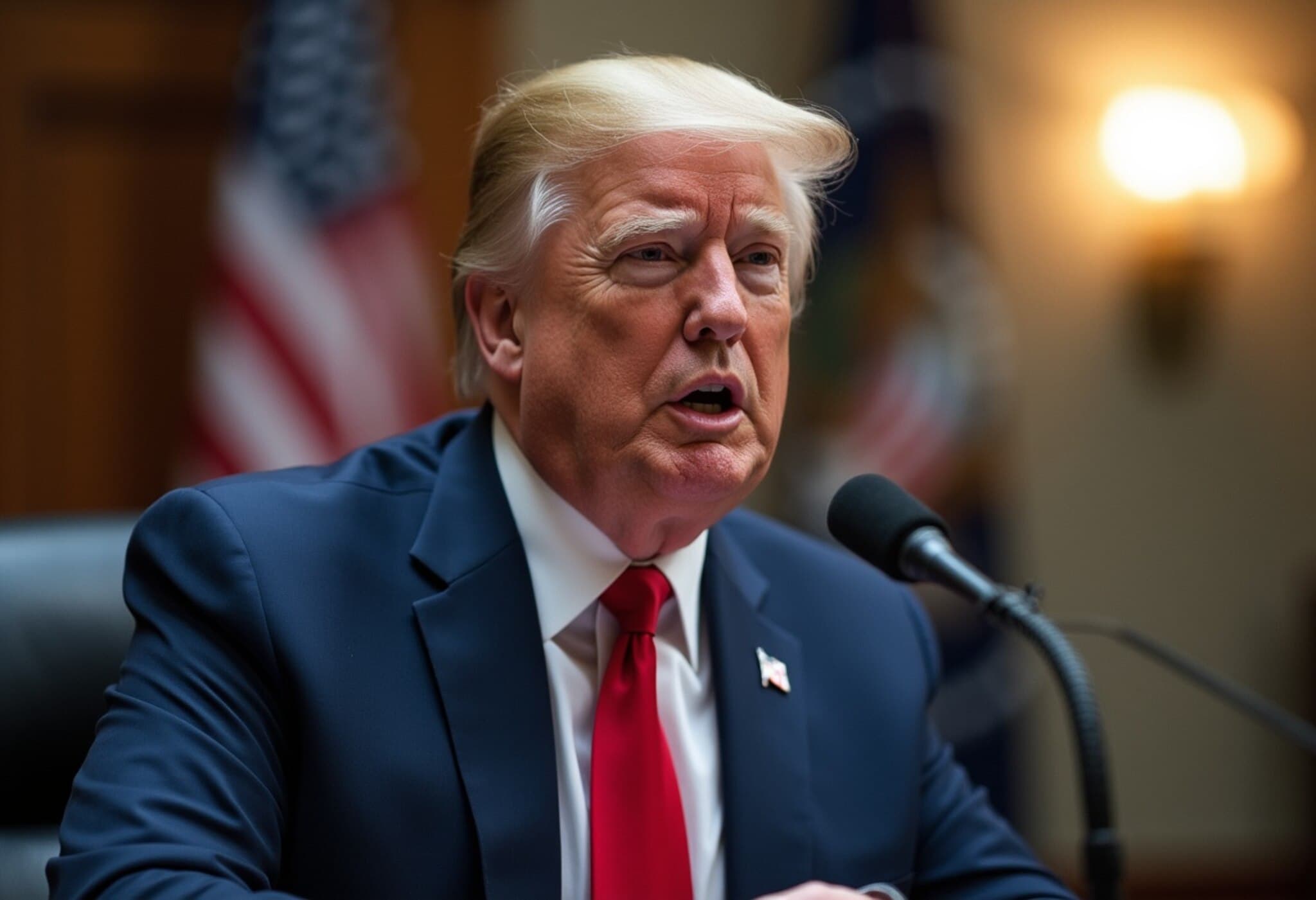PM Modi Highlights Urgent Need for Global Institutional Reforms at BRICS Summit
In a powerful address at the BRICS Summit held in Rio de Janeiro on July 6, 2025, Indian Prime Minister Narendra Modi spotlighted the persistent double standards faced by the Global South in global governance. Modi criticized the archaic structures of international institutions, arguing that they no longer reflect the geopolitical and economic realities of the 21st century.
Global South’s Marginalization: A Call for Fair Representation
“Two-thirds of humanity remains inadequately represented in global institutions formed during the last century,” Modi remarked, emphasizing that many nations contributing significantly to the global economy are still excluded from meaningful decision-making platforms.
He painted a striking metaphor to underscore this exclusion: "Global institutions today are like a mobile phone with a SIM card but no network." This analogy powerfully encapsulates how these bodies are ineffective without the active participation and voice of the majority world.
Reform Beyond Symbolism: Structural Changes Needed
Modi insisted that reforms must transcend token gestures. He called for tangible changes in governance structures, voting rights, and leadership representation, especially within pivotal organizations such as the United Nations Security Council, World Trade Organization, and multilateral development banks.
- Current governance models often do not reflect economic contributions or demographic realities.
- Voting rights and leadership roles remain concentrated among a few powerful countries.
- Reforms need to prioritize real-world impact, not just symbolic gestures.
The Wider Context: Multipolarity and Inclusive Global Order
Against a backdrop of fast-evolving global challenges—ranging from climate change financing to technology transfer and security—Modi stressed the imperative of fostering a multipolar and inclusive international order. The expansion of the BRICS grouping itself, now welcoming new members, was highlighted as evidence that change is possible and necessary.
“In an age where artificial intelligence updates every week, it is unacceptable for global institutions to remain untouched for over 80 years,” Modi emphasized, warning that outdated institutions risk irrelevance.
India’s Role: Commitment to Constructive Global Engagement
Modi reaffirmed India’s dedication not only to its national interest but to broader humanitarian goals. He signaled the country’s readiness to lead and collaborate with fellow BRICS nations in advancing reforms that truly reflect the voices of the Global South.
Expert Insights: Why Modi’s Call Resonates Globally
From a geopolitical standpoint, Modi’s message aligns closely with growing demands from emerging economies seeking fairness and influence proportional to their economic and demographic weight. In the US and European policy circles, there is increasing recognition that institutional inertia threatens global stability and equitable development.
Furthermore, the systemic underrepresentation has tangible economic impacts: developing nations often face hurdles in accessing climate finance, technology, and trade benefits, stunting sustainable growth.
Underreported Stories and Broader Questions
- How will power dynamics shift if institutions like the UN Security Council are reformed? What resistance might this face?
- Can BRICS serve as a viable alternative force to push through reform, or will it itself face internal challenges?
- How might these reforms impact global economic recovery and geopolitical stability amidst rising nationalism?
Conclusion: A Turning Point in Global Governance?
Modi’s speech at the BRICS Summit adds fresh momentum to a critical global debate: the urgent necessity for fair and functional international institutions that embrace the 21st-century realities. As the world confronts unprecedented challenges, the call to dismantle outdated power structures and foster inclusive representation could well shape global politics for decades.
Editor’s Note: The global order is at a crossroads, and the voices of the Global South are louder than ever. Whether existing institutions will evolve or yield to newer, more representative models remains an open question—one that affects peace, security, and development worldwide.

